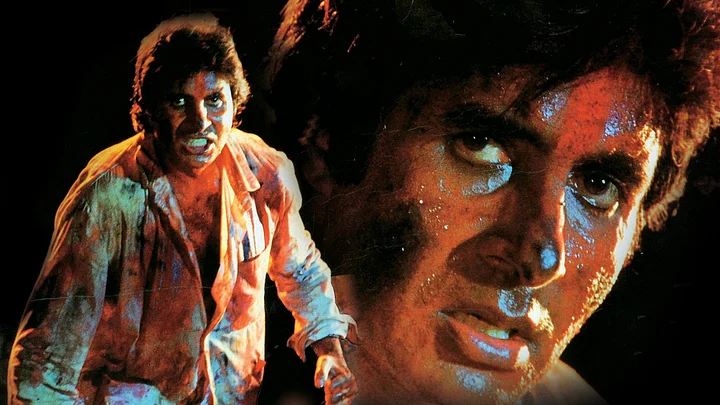Five years ago, Keenan Santos and Reuben Fernandez were murdered by a group of men for standing up for their female friends. A few days ago, 30-year-old Jisha was brutally raped and murdered, presumably by a man. She was stabbed 30 times, and she died in a pool of her own blood and viscera.
Both crimes were extreme expressions of rage, and the perpetrators were very angry young men.
It is true that the identity of Jisha’s killers is not yet known, but given the physical, vigorous nature of the crime, it is not unfair to suggest that the murderers were strong, virile men. And if one were looking to establish a pattern, they need not look further than the Nirbhaya case.
The angry young man has always had social sanction. Bollywood cinema in the 70s capitalised on it. Amitabh Bachchan’s roles in Zanjeer and Kala Patthar, for example, celebrated productive anger. In many ways, Amitabh was Batman; channelling his rage for the ‘Greater Good’. When Bruce Wayne avenged his parents’ death, he was making the streets of Gotham City safer. When the angry, memorable Vijay in Zanjeer shoots Teja, he avenges not only his parents but all of the gangster’s victims.
However, not all anger is productive and not all physically capable young men possess Batman’s moral compass (problematic in its own way, but that’s another story). Ours is a culture that hero-worships masculine strength and machismo. The ability to beat someone to pulp is sexy; even desirable. When you consider this in context of how society brings up its sons, a clearer, rather dismal picture emerges.
Men are brought up to believe that the world owes them the markers of material success: a job, a car, a wife and family. Unfortunately, society hasn’t taught us how to confront failure. When going through the grind does not pay off and success is not ripe for the picking, the men who are expected to conquer the world grow resentful, frustrated and angry.
Privileged women who grow up in upper class homes feel the very same resentment when perseverance and merit refuses to pay off for reasons they cannot control. The difference is that regardless of the nature of one’s upbringing, society has taught us that anger is unbecoming in women. Instead, women are taught impulse control and ‘forgiveness.’
Ranbir Kapoor, as Ved in Tamasha is an embittered young man, whose anger with his circumstances culminates in a frightening outburst outside his girlfriend Tara’s home. At the end of the movie, however, a ‘changed’ Ved gets the girl and the chance to follow his dreams. Tamasha offers him the happily ever after he ‘deserves.’ Tara has married a man who is capable of violent outbursts, but in Bollywood-land, that’s ok.
Our angry women, on the other hand, are largely subjected to ridicule and hate. In the recent Kangana-Hrithik showdown, Kangana has come off as the crazy, manipulative, abusive bitch. Hrithik has received criticism, but far fewer aspersions have been cast on his character. The media, which plays a significant part in shaping public discourse, has once again taken on the role of the moral police, telling us how ‘shocked’ we ought to be at Kangana’s big, fat lies.
Entitlement and anger are consequences of male privilege, and both are easily pardoned. Anger is all pervasive – power structures in the workplace and in our homes are not free of it.
In times like these when corrosive anger is no
longer just a problem in theory but has violent, real-world implications, something has
got to give.
(At The Quint, we question everything. Play an active role in shaping our journalism by becoming a member today.)
